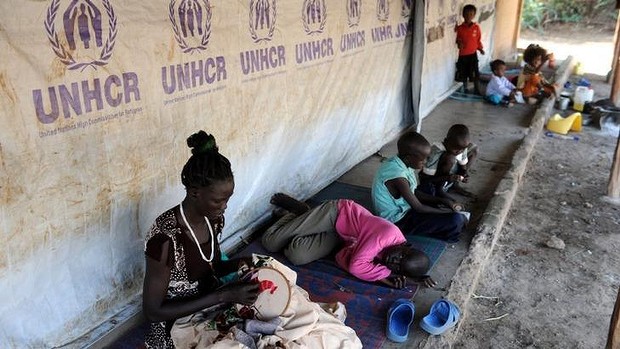by Michael Yoakum
Impunity Watch Reporter, North America
HOUSTON, United States – Police arrested five men on Tuesday, charging them with kidnapping 115 people at gunpoint and holding them in a small Houston area home. The 115 people are suspected illegal immigrant, who were told by their captors that they must pay a ransom in order to continue their entry into the United States. Sixteen of the 115 captors were minors.

The five men – identified as Jose Aviles-Villa, Jonathan Solorzano-Tavila, Antonio Barruquet-Hildiberta, Jose Cesmas-Borja and Eugenio Sesmas-Borja – appeared before a federal judge Tuesday on hostage taking, weapons, and conspiracy charges. The judge denied bail to all five suspects, believing them to be a flight risk for trial.
Conviction for the hostage taking charges could result in a 10 year sentence with a potential for 20 years for the conspiracy charges, plus fines.
A criminal complaint drafted by agents from the Department of Homeland Security claimed that agents found the 115 hostages in the Houston area home last week stripped of their shoes and most of their cloths. The complaint said they were threatened with violence if they did not comply and there were instances of some being kicked and beaten and females being groped.
The captives told authorities that they were held under armed guard, the doors were locked with deadbolts, and the windows were covered with plywood to prevent their escape. Authorities recovered a shotgun, rifle, stun gun, ammunition, and wooden paddle from the home.
Police found the 115 captives after a Chicago resident contacted Houston police about the possible abduction of her daughter. The criminal complaint alleges that she paid $15,000 for the return of her daughter and two grandchildren. After she paid the original ransom, the complaint claims the captors demanded an additional $13,000.
Houston police traced the phone call from the captors and began surveillance on the house, ultimately finding the captives. Stash houses of more than one hundred captives are not rare in South Texas, but this was the largest in the city in several years.
For more information, please see:
ABC News – 5 Charged in Houston Human Smuggling Operation – 25 March 2014
BBC News – Five charged with holding 115 hostages in ‘stash’ house – 25 March 2014
The Guardian – Five men charged with hostage-taking after 115 people found in Texas house – 25 March 2014
Star Tribune – 5 charged in Houston human smuggling operation after more than 100 immigrants rescued – 25 March 2014
USA Today – Police find more than 100 immigrants in stash house – 20 March 2014

